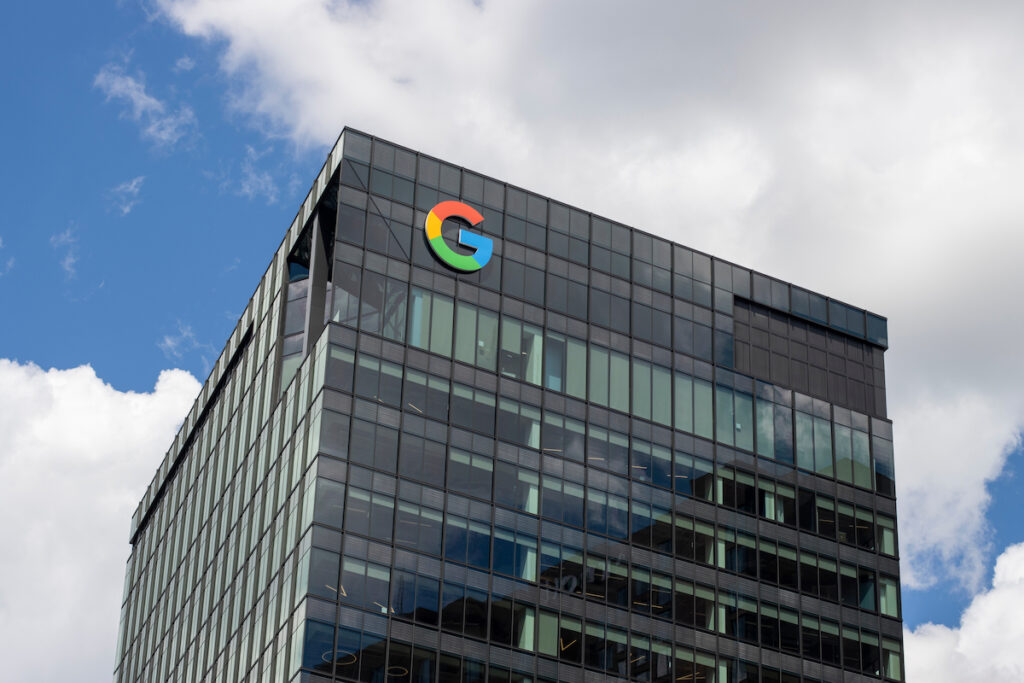Google is now at the center of the most consequential antitrust showdown in the U.S. in decades. In a federal courtroom in Washington, D.C., the Department of Justice (DOJ) is seeking to dismantle what it claims is an illegal monopoly built around the tech giant’s search engine. The hearings, scheduled over three weeks, will not only determine the penalties for Google’s past conduct but could shape the future of online competition, including in the fast-developing field of artificial intelligence.
The Justice Department is urging the court to impose sweeping measures to reduce Google’s influence. Proposed remedies include banning the company from exclusive multi-billion-dollar agreements with major tech players like Apple, forcing it to share search data with competitors, and even requiring it to divest its Chrome browser—used by hundreds of millions worldwide.
The case reflects the DOJ’s position that Google’s dominance in digital search stifles competition, innovation, and ultimately consumer choice. “This is an inflection point,” said DOJ attorney David Dahlquist during opening statements. “The court must now decide whether future generations will be subject to monopolistic control or benefit from a truly open and competitive digital market.”
The Origins of the Case and Google’s Rise
The current legal push stems from a DOJ lawsuit first filed during the Trump administration, alleging that Google had long suppressed rivals through exclusionary practices. Although the trial began in 2023, it was U.S. District Judge Amit Mehta’s 2024 ruling that cemented the government’s case: Google had unlawfully locked in its search engine on devices like the iPhone and PCs by signing anticompetitive contracts.
Google, founded in 1998 by Larry Page and Sergey Brin, has grown from a garage startup to one of the most dominant forces in technology. Beyond search, its reach extends to services like Gmail, Google Maps, YouTube, Android, and cloud computing. Critics argue that this expansion has come at the expense of healthy market competition.
The DOJ argues that this behavior must now be curtailed. “Google’s illegal conduct has created an economic goliath,” the department said in court filings. “The public is left with no choice but to accept its dominance in exchange for the illusion of ‘free’ services.”
What’s at Stake: Remedies and Risks
Central to this courtroom confrontation is whether Google will face structural remedies. The DOJ wants to prohibit exclusive search deals, require the company to open access to valuable search data, and spin off its Chrome browser to reduce vertical integration that may entrench its market power.
Google, for its part, is strongly contesting these remedies. It argues that such proposals go far beyond what is legally justified. In pre-hearing documents, its legal team said the DOJ’s requests would “harm consumers and innovation” and interfere with markets beyond search, such as advertising and browser development.
The company also raised concerns that mandated data sharing and divestment could compromise user privacy and online safety. “These remedies would cause significant disruption in the digital ecosystem and jeopardize security for millions,” Google said.
The outcome could mirror the 1990s antitrust case against Microsoft, which ended in a ruling that declared Microsoft a monopoly but stopped short of enforcing a breakup after a successful appeal.
Wider Implications for Tech Industry
The ruling against Google is just the beginning. The DOJ has filed additional lawsuits against Alphabet Inc. targeting Google’s advertising business. A separate federal judge has already declared Google’s ad network an illegal monopoly, setting the stage for another round of penalties that could again include divestiture.
This legal action is part of a broader movement against Big Tech. Meta, the parent company of Facebook and Instagram, is currently facing its own antitrust case. Apple and Amazon are also under investigation for potentially anticompetitive behavior.
Despite changes in administration, the Biden and Trump presidencies have aligned on this front, both pressing for accountability in digital markets. The DOJ maintains that unchecked corporate power undermines not only market efficiency but also American values like freedom of speech, innovation, and economic opportunity.
Judge Mehta is expected to deliver his final decision on the proposed remedies before Labor Day. Google, meanwhile, is preparing to appeal the original monopoly ruling once the hearings conclude.


